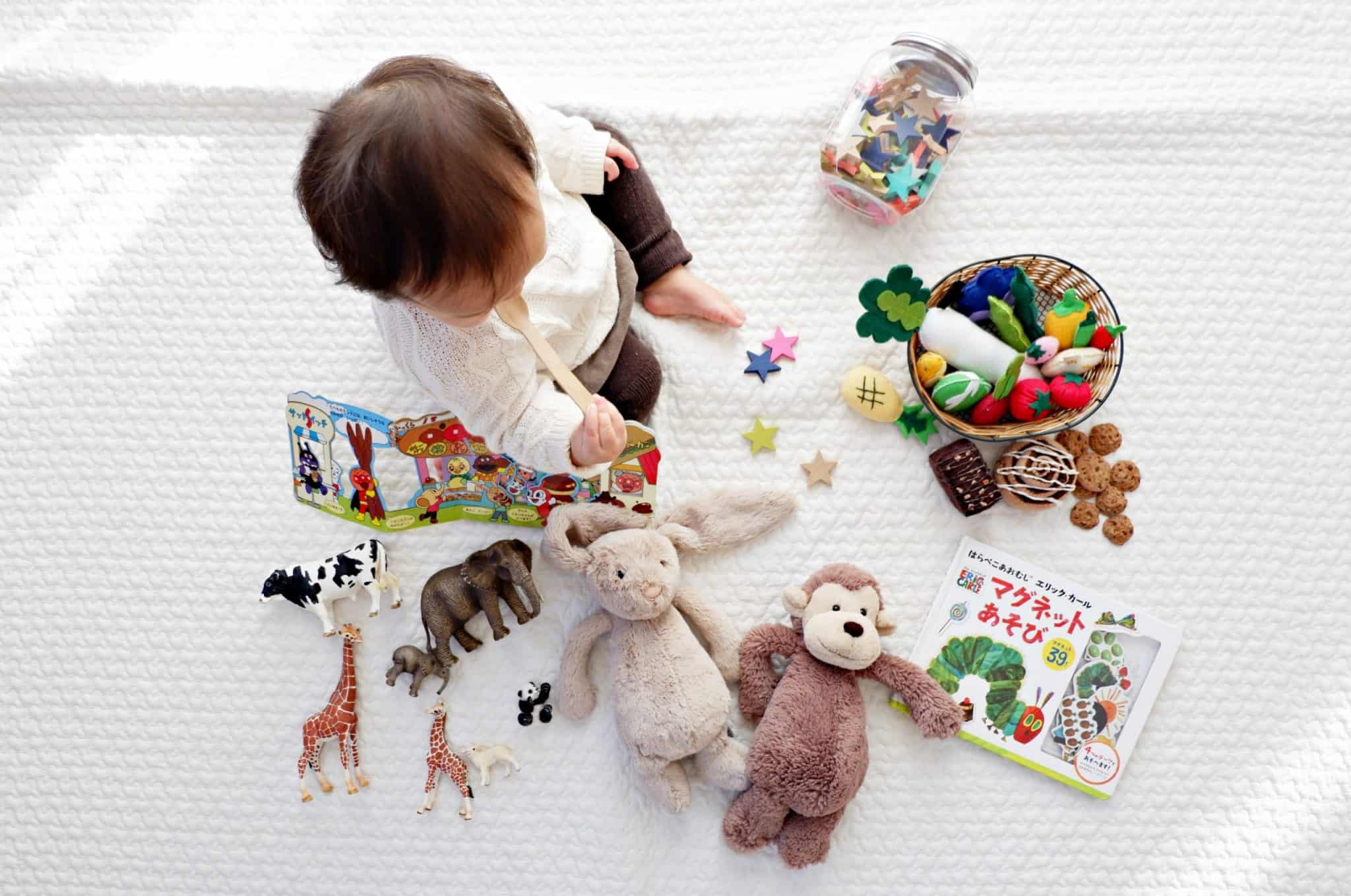Quick Islamic Guide on How to Budget for Having a Baby | IFG

5 min read
Published:
Updated:

Ibrahim Khan
Co-founder
I was blessed with my second child a couple of weeks ago and this time round I felt I was much better prepared from a mental, practical and financial planning perspective.
In this article I explore the financial planning angle to having a baby in detail as its one aspect that I have learned through experience mainly as the guidance on it is relatively sparse.
By following the below steps you will not become a millionaire overnight, but you will certainly seriously take off the financial pressure from what is an already-stressful period of your life.
Use the additional spending to take a financial health-check
An addition to the family will inevitably mean that you will have to spend a little bit more. From nappies and formula, to medicines and clothing. It all adds up.
The aqeeqah for a male child can add up to £250 for the meat alone, for example.
But don’t let these mounting financial costs overwhelm you. Rather, use them to your advantage to sit down with your spouse to do a serious health check over your finances.
Here are some simple things you can do to trim down your spending:
- Cancel any unused subscriptions
- Make sure you are not paying more zakat as a direct debit than you need to
- Carefully consider how many “luxuries” you are spending on and cut some of those back
- Switch utility providers if there is someone cheaper
- Switch phone and broadband providers if there is someone cheaper
Cut down on costs that are controllable
Being a second-time parent, I’ve put into action a cot-load of learning from the first time around. Here are some simple saving hacks that I didn’t know the first time around:
- Avoid using wipes where you can and clean in the sink. As Muslims we’re used to this one anyway, but washing with water is just more hygienic than wiping and you will avoid a tremendous amount of wasted time, lost sleep and headache if you keep the nether regions of your baby rash-free!
The other benefit of avoiding wipes is you save cost. Of course you should always have some wipes ready for travel and situations where you can’t use a sink.
- On the same theme of avoid nappy rashes, invest in a large tub of Vaseline. After every nappy change and clean, make sure the bottom is dry and then liberally apply Vaseline before putting on the next nappy. This is a game changer and will save you a pretty penny in nappy rash creams.
- If you have friends and family who have had babies and are still holding onto the baby clothes, get them to give you these. For our latest baby we haven’t had to buy a single piece of clothing for her as she is blessed with a family of 33 cousins from whom she’s inherited her clothes.
We’ve inherited such a large amount of clothes in fact that we don’t foresee needing to purchase any clothes until she’s past two!
- Go for a capsule wardrobe. Newborns primarily need babygrows and blankets. They don’t need that many “fancy” clothes. And remember, they will grow out of their clothes in 2-3 months max so don’t buy that Gucci jumpsuit.
- If you need to buy, buy second-hand clothes. Babies grow quickly and people gift baby clothes all the time, so you will find that many second-hand baby clothes are almost unused and great condition.
- For your larger purchases, such as prams, buy second-hand items but be choosy as to the brand and the long-term durability and adaptability. We went with a second-hand Bugaboo the first time and a Babyzen this time and both are incredibly reliable, adaptable as the child grows and space-saving.
If you buy a car seat second-hand though, make sure you confirm that the car seat has not been a car accident and examine the item carefully.
Put the Gifts to Good Use
You will get a shedload of gifts and you need a strategy to deal with them. Here are some techniques we used:
- We told all of our close family and friends that we didn’t want any gifts and would prefer duas. If they really wanted to give something, then we asked if they send us a cash gift instead.
- If you do end up with some unwanted gifts, don’t open them. Just save them up as a present to give away to the next baby that comes along in your social circle.
- If your parents or close relatives have said they would like to buy you something, then indicate to them what items you are particularly keen on when it comes to the larger items such as pushchairs, car seats, bouncers, moses baskets, and cots. That way, the gift they get will actually be used.
Save for University
As we have discussed in this previous article, saving just £20-50 a month can add up to a formidable amount of money in 20 years’ time – enough to pay for university fees if you’re savvy about it.
So check out our investment comparison engine and get yourself started on a nice direct debit investment and forget about it. A Junior ISA is a good option to avail of too.
State support
There are a whole range of state benefits and grants you can benefit from as a pregnant mother or newborn mother. Money Advice Service has an excellent repository of the available financial support here.
Essential things you should watch out for are:
- Make sure you are benefiting from maternity and paternity pay.
- Make sure you are signing up for child benefits if you are eligible (most people are as long as a spouse doesn’t earn over £50,000).
- Make sure you are benefiting from free prescriptions and dental NHS coverage.
Make Sure Your Will is up to date
A new baby will potentially shift things in your family dynamics and you will want to make sure that your will is up-to-date and all children are covered in the will. IFG Wills is a great cost-effective online option to consider. You should also check out our definitive guide to Islamic wills here.
Loyalty schemes & pregnancy discounts
You should look to take advantage of a whole host of parenting clubs and baby clubs offered by various supermarket and baby brands. Tesco, Sainsbury’s, Asda, Mamas & Papas, Boots and many others all have these clubs.
Concluding thoughts
Make sure you enjoy these moments with your new child, but take all the steps you can do to allow you to do that. A big part of achieving that will be to relieve unnecessary stresses from your mind. Financial stresses can quickly snowball so use the above tips to nip these in the bud.



